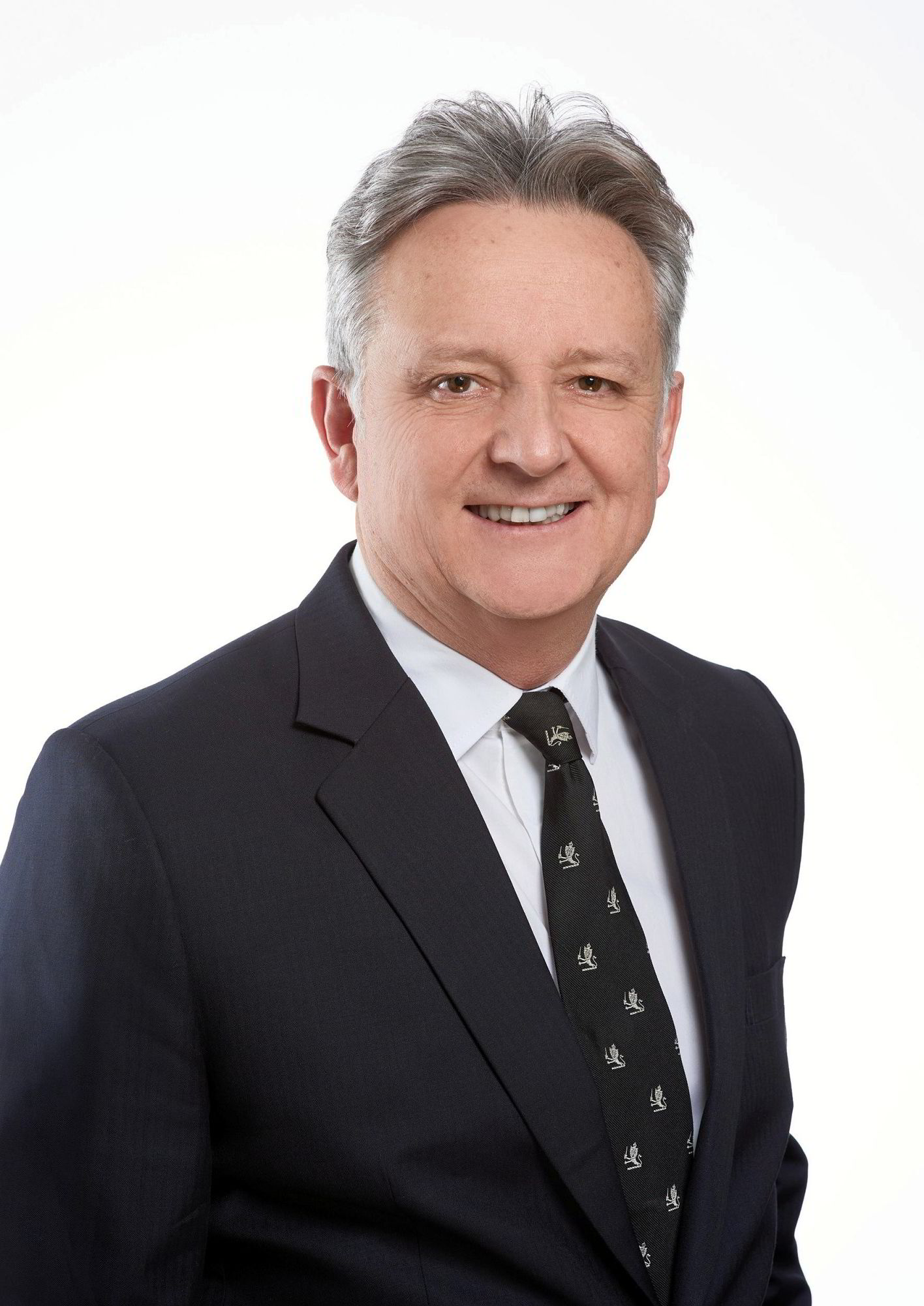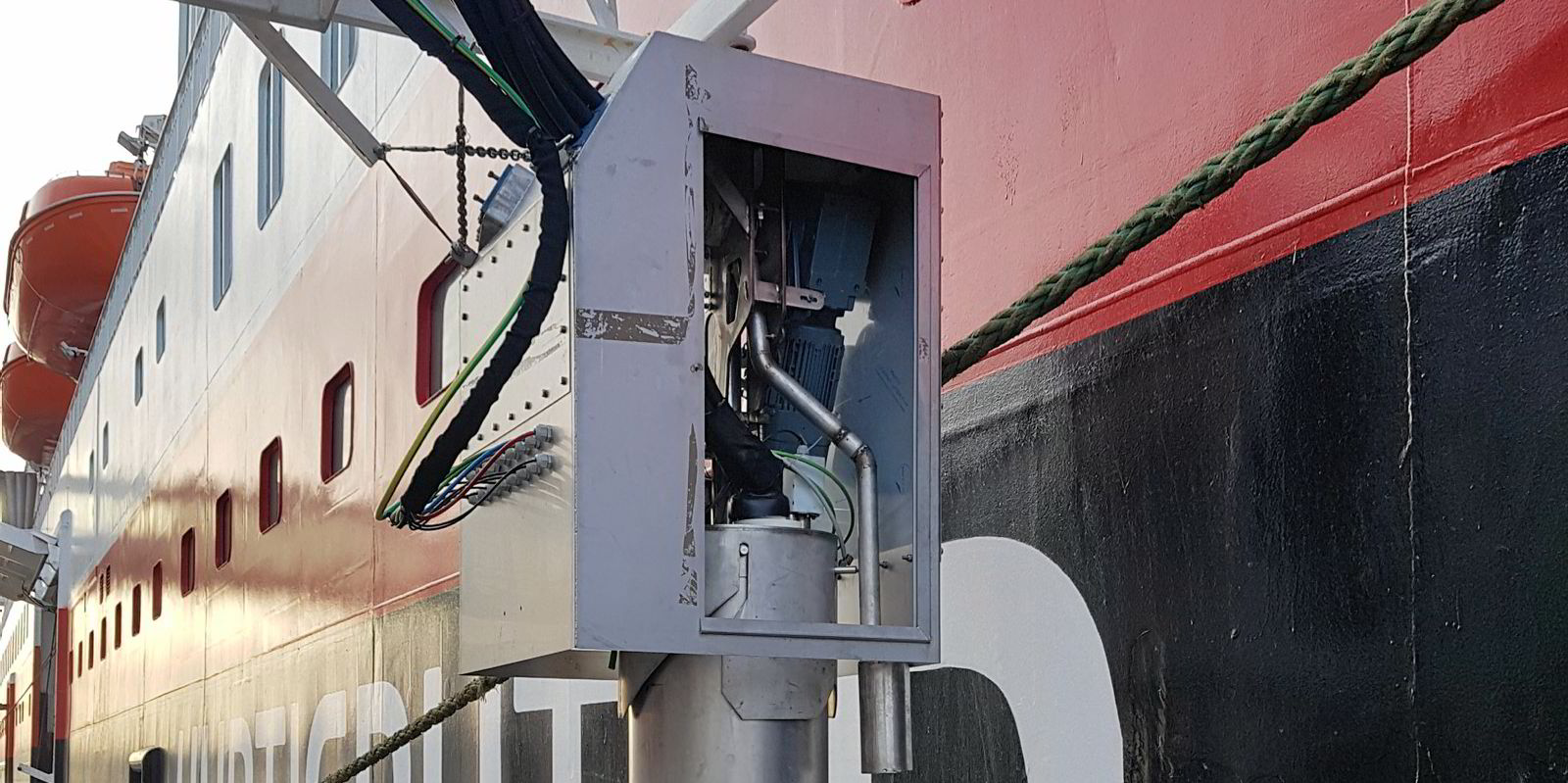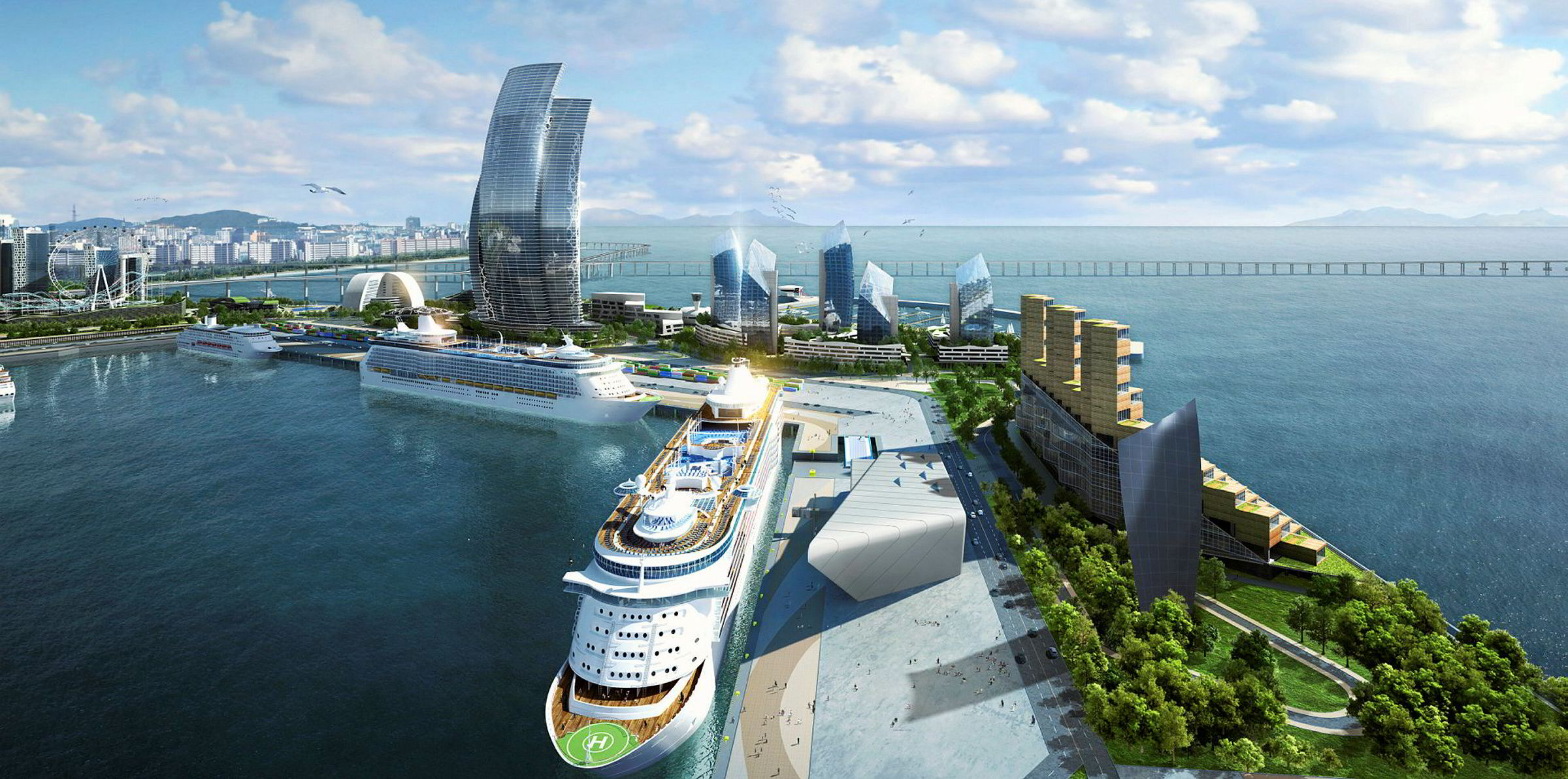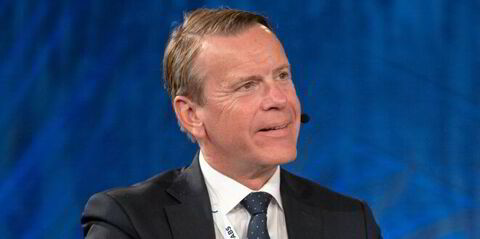Calls for shore power are increasing. However, there are major questions surrounding the economics of implementing it and its sustainability value for the shipping industry.
UK Maritime minister Robert Courts last month called for research into the benefits of a shore power roll-out, as a way of accelerating the maritime industry’s route to decarbonisation. It is recognised that shore power — otherwise known as cold ironing — could be a valuable contribution to reducing the sector’s carbon emissions.

The big question surrounds the economics of implementing cold ironing and its value towards accomplishing a more sustainable shipping industry and critically, to delivering on the International Maritime Organization’s decarbonisation targets.
Port operations and their infrastructure are significant contributors to maritime’s carbon footprint. There is evidence that one of the largest sources of port emissions are oceangoing vessels, both when transiting and berthed alongside.
The provision of shore power to ships alongside allows the power generating auxiliary engines to be turned off, thereby eliminating the berthed portion of a vessel’s port emissions.
Not only does shore power reduce emissions of carbon gases but also pollutants such as particulate matter — PM 10 and PM 2.5, which brings environmental benefits to the air quality of the port hinterland.
Another corollary of turning off a vessel’s auxiliary engines when alongside, is the reduction in noise pollution. As such, cold ironing will prove to be a popular choice for the port’s local community.
The benefits of shore power become less clear if the source of the electricity is not “green” as this just pushes the carbon footprint “over the hill”. If the main grid is not green, a potential solution could be to install the port’s own generators of green electricity such as wind turbines or solar panels, but these would also require the installation of a micro grid that could make total costs prohibitive.
Many ports will not have deep enough pockets for the required infrastructure, although there have been incentives such as the Clean Maritime Demonstration Project, which offers funding to aid design and development of zero-emission vessel technologies and greener ports.
However, unless ports are mandated to install cold ironing, we find ourselves in a “chicken and egg” situation — ships don’t have the connections and ports don’t have the equipment.
Although the European Union is further down the road with legislation which could break the cycle, and although the requirements of the EU Directive 2014/94/EU clearly require the ports of Europe to install shore power facilities on a priority basis by 31 December 2025, there is a loophole.
“Member states shall ensure that the need for shore-side electricity supply for inland waterway vessels and seagoing ships in maritime and inland ports is assessed in their national policy frameworks.
“Such shore-side electricity supply shall be installed as a priority in ports of the TEN-T Core Network, and in other ports, by 31 December 2025, unless there is no demand and the costs are disproportionate to the benefits, including environmental benefits.”
This is according to EU Directive 2014/94/EU of the European Parliament and European Council of 22 October 2014 on the deployment of alternative fuels infrastructure, article 4, Paragraph 5.
The costs of installation are not insignificant and how do you measure the environmental benefits?
What is known, is that the first step in any capital expenditure decision-making regarding infrastructure spend relating to emissions reduction, is to have a clear picture as to what existing emissions are and where are they coming from.
Port emissions are a complex web, which are produced both directly and indirectly within a port’s jurisdiction and it is essential to map these out.
ABL Group has been working in collaboration with Shoreham Port to produce a cloud-based emissions tracking system called emiTr, which is ready for imminent launch.
There is no doubt that both local communities, the global environment and the shipping industry can benefit from cold ironing, but a potential build-out must be based on facts — not feelings. Let’s hope the UK government adopts such an approach.
Paul Martin is maritime director at ABL Group
Do you have an opinion to share?
Email: news@tradewindsnews.com




